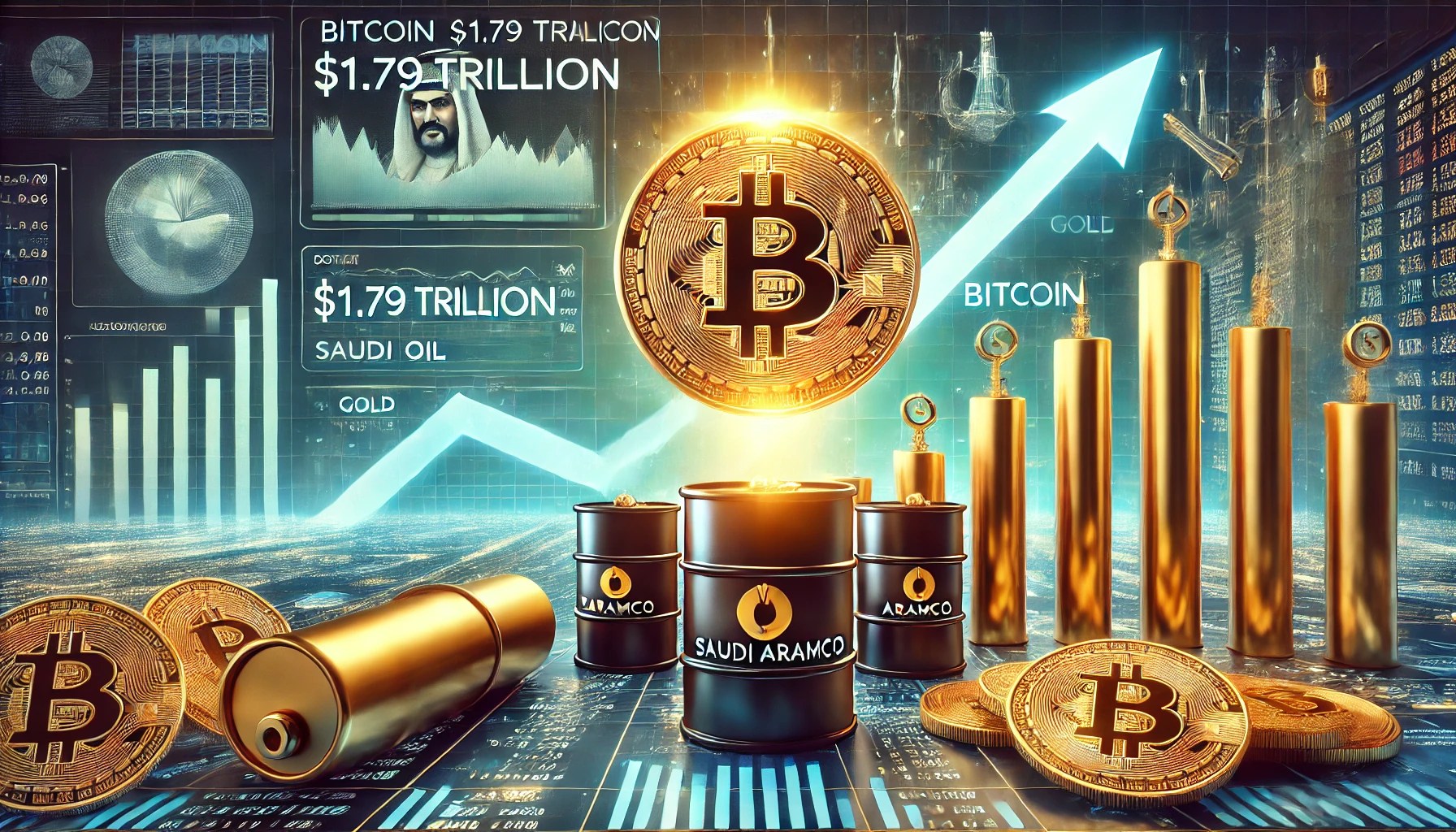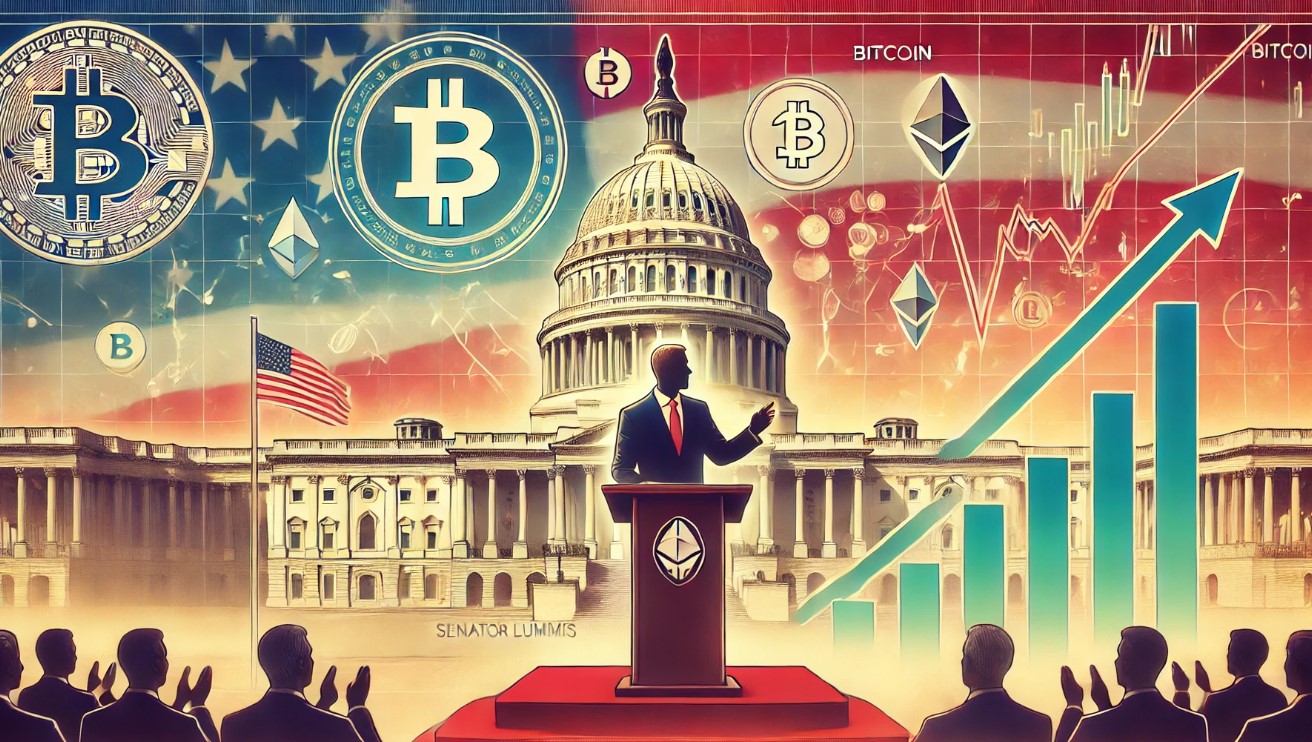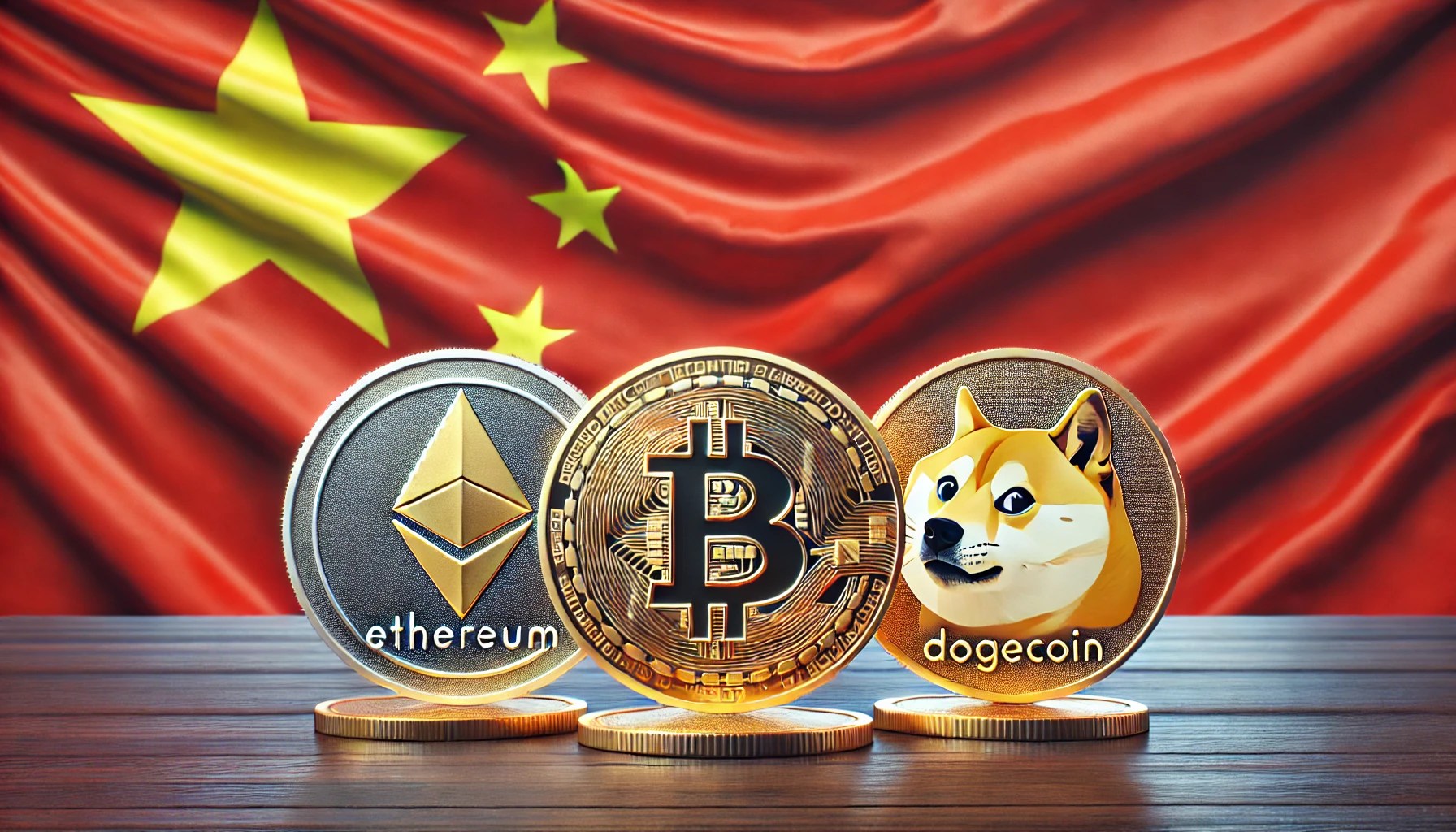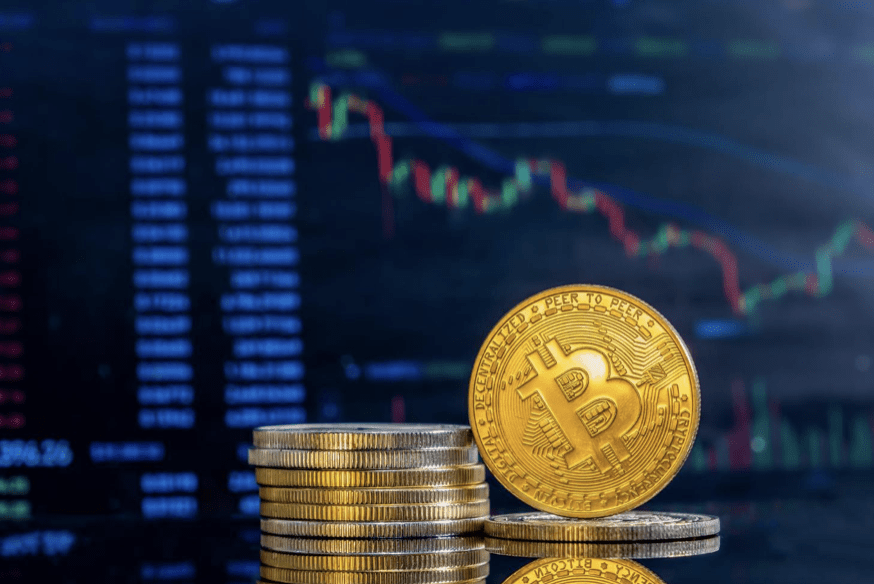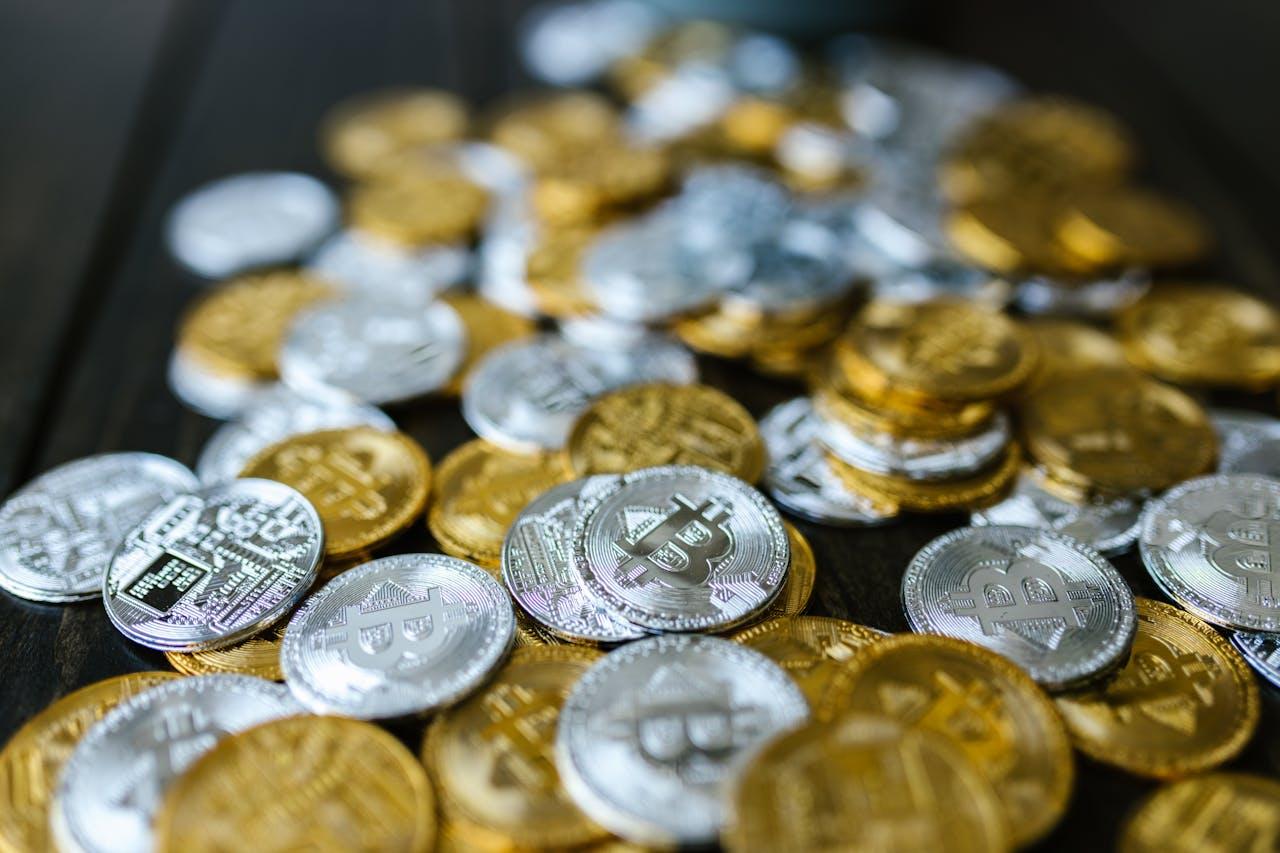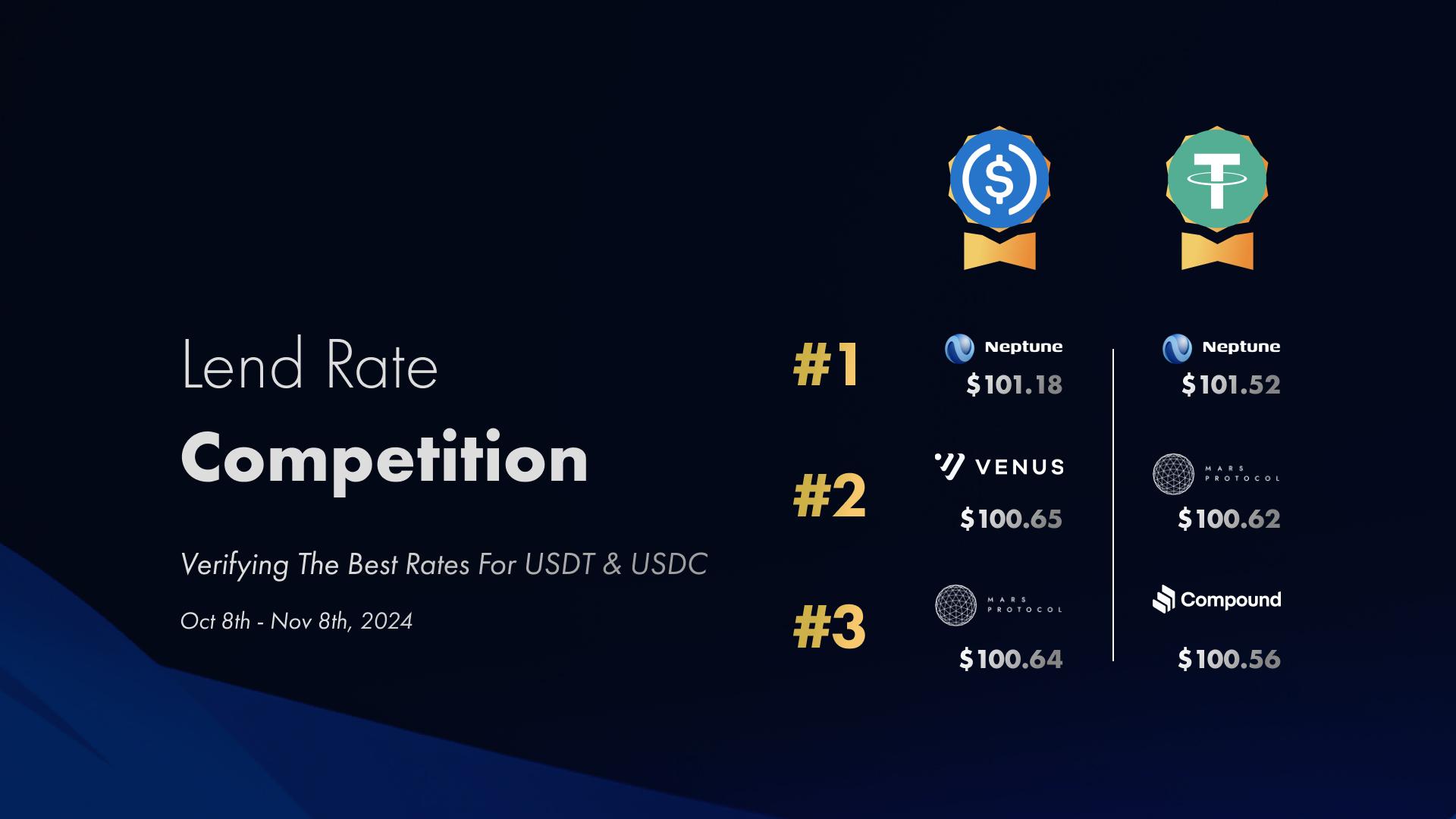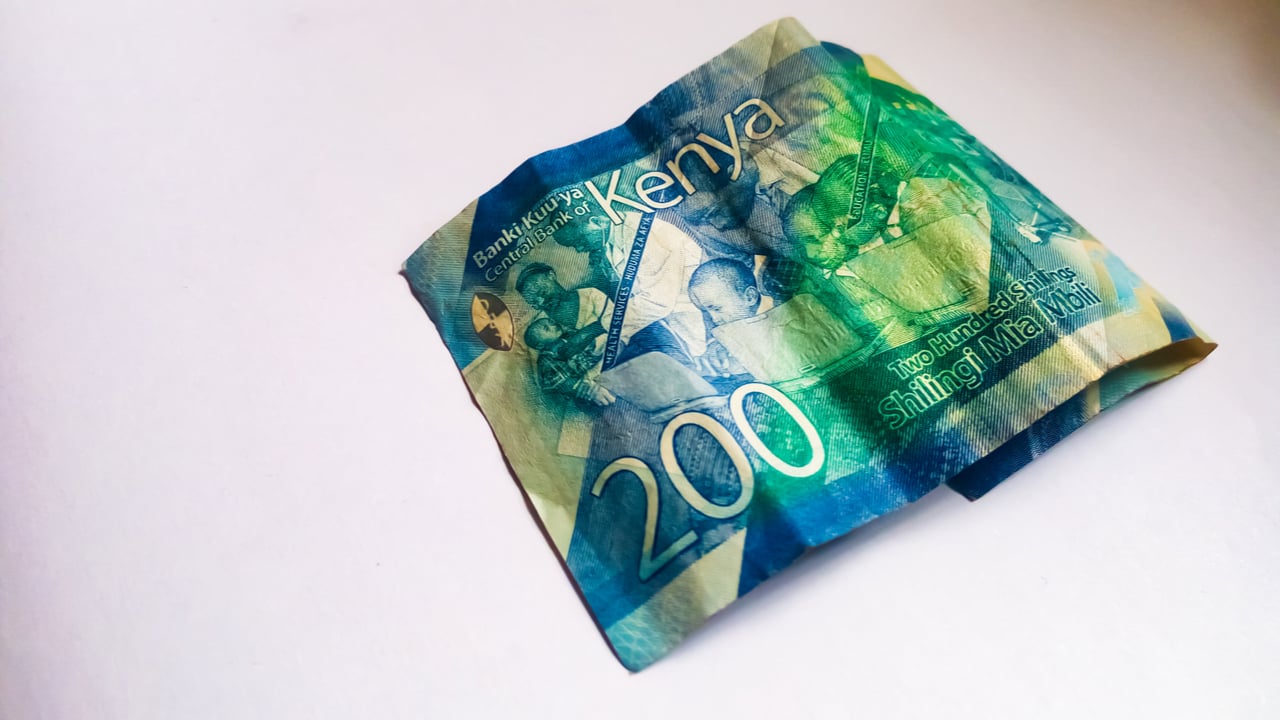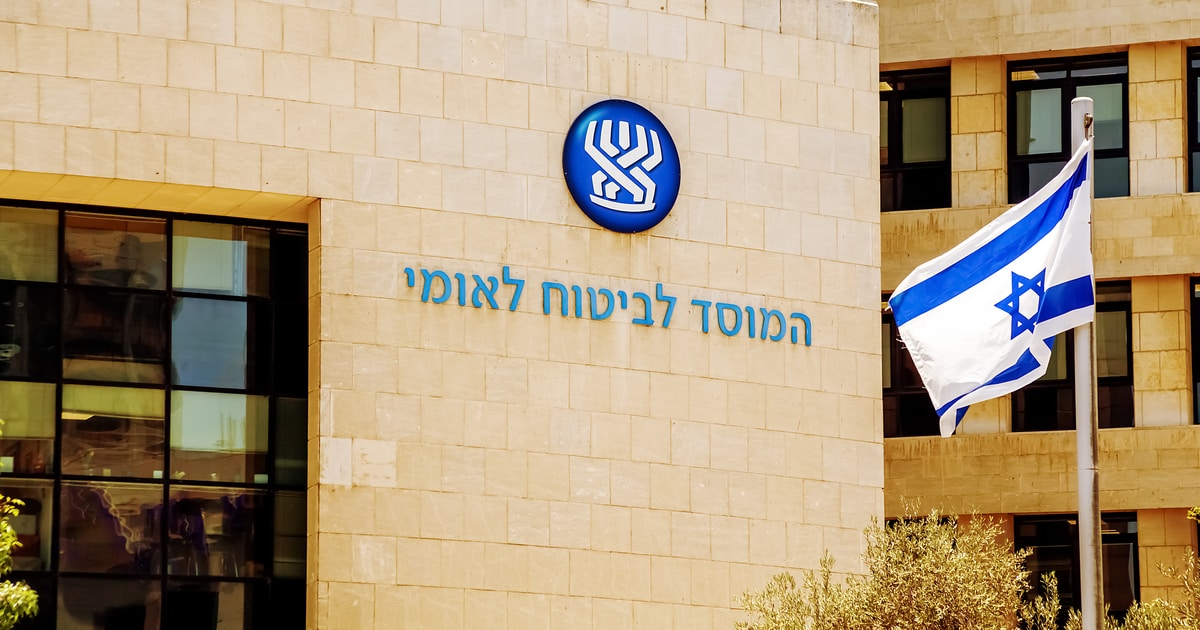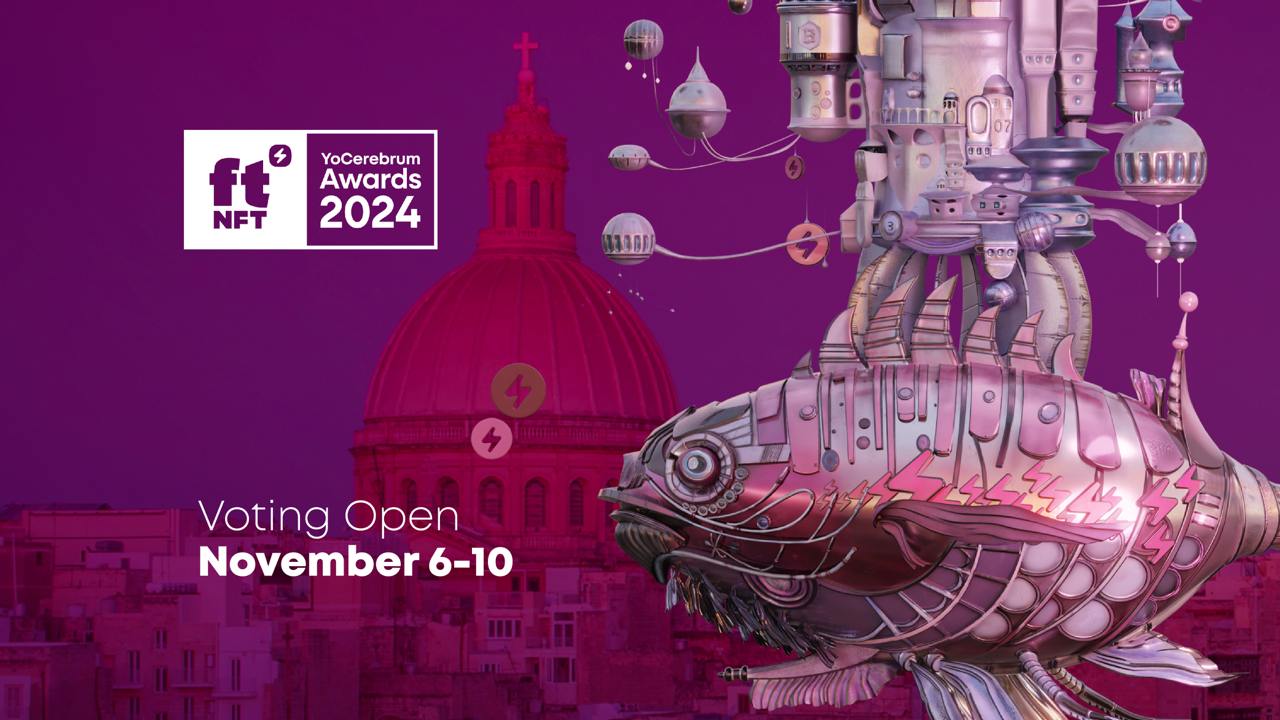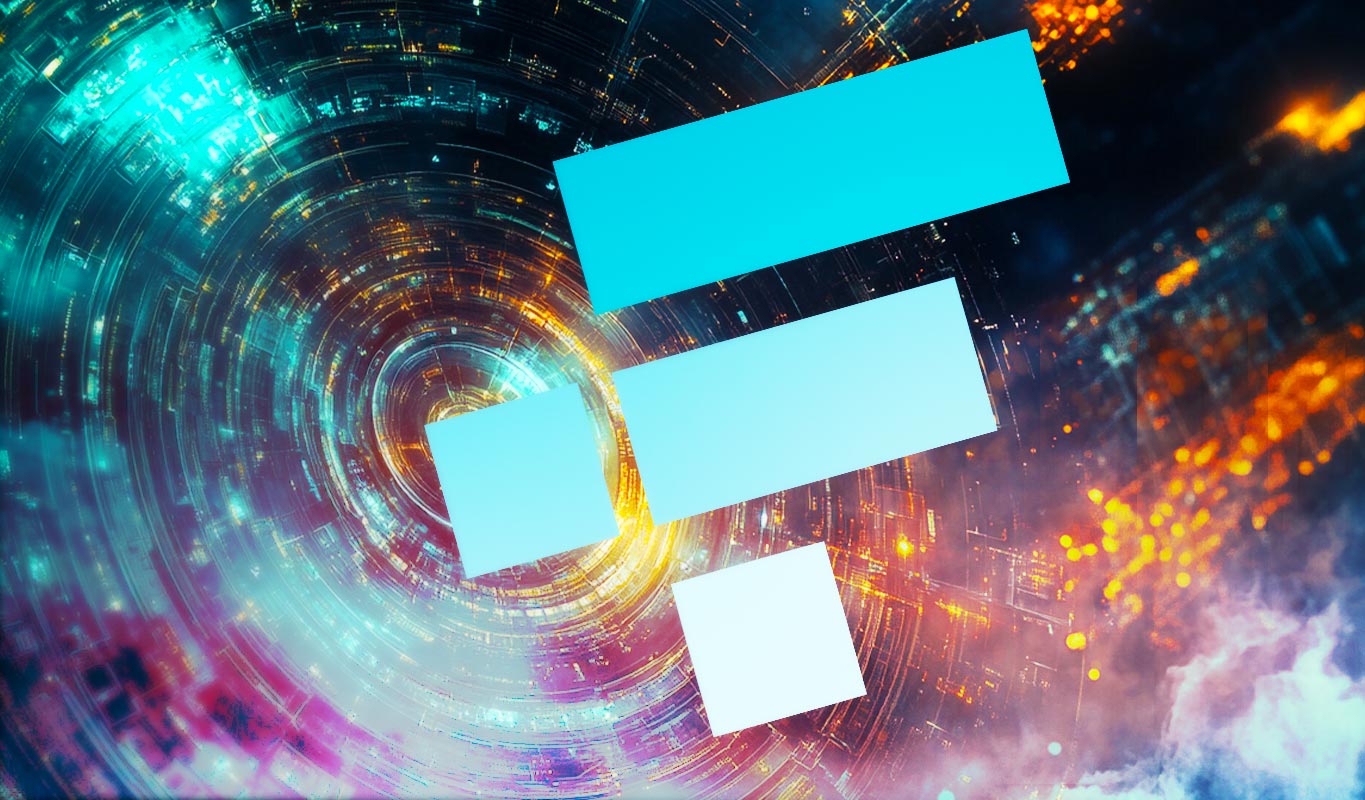QuickSwap, a decentralized exchange (DEX) on Polygon, announced on Wednesday that its token, QUICK, would undergo a 1:1000 split. The decision was put to the vote earlier this month, with an overwhelming majority of more than 93% of participants supporting a token split to make QUICK, which acts as a governance token for the DEX, more appealing to the general public.
After a decision for the split was made, QUICK holders were asked whether they preferred the denomination to be updated based on a 1:100 or 1:1000 basis. 84.72% voted for the 1:1000 split. Specifically, 33,000 QUICK from 335 wallets supported the 1:1000 token split out of a total of 39,000 QUICK from 435 wallets that took part in the voting process.
QuickSwap’s development team has already finalized the code for the converter contract and submitted it to third-party auditing firms. When the audits are ready, the platform will provide more details on how to convert QUICK (v1) to QUICK (v2) through the conversion contracts to split the tokens.
How Will QuickSwap’s Tokenomics Be Affected After the Split?
It’s worth noting that the post-split tokens won’t bring additional value or utility on their own. The purpose of this update was to reduce the price per token by changing the denomination and thus increasing the token supply.
As of March 24, QUICK is priced at $230.93, according to Coinmarketcap data. While investors can buy only a fraction of a QUICK, human psychology dictates that cheaper assets seem to be more attractive. Thus, QuickSwap said that it was confident that redenominating its native governance and utility token would have a positive impact on the QUICK community by attracting more users. Today, people tend to compare QUICK to direct competitors, such as UNI, SUSHI, and CAKE, which are priced at $10, $3.60, and $1.16, respectively.
After the 1:1000 split takes effect, the price of QUICK will be reduced by 1,000 times, which would be the equivalent of $0.23 considering today’s price. QUICK holders will see their balance increasing by 1,000 times after the conversion, but the aggregate value will remain the same.
Consequently, the token’s max supply will increase from 1 million to 1 billion, which will bring QUICK more in line with other DEX tokens, such as UNI, OSMO, DYDX, and 1INCH – all of which have max supplies that vary between 1 and 1.5 billion tokens.
Other than that, the fundamentals of QuickSwap’s tokenomics won’t be greatly affected. The utilities of the token will remain the same, meaning that holders will be able to take part in the governance process, provide liquidity, participate in yield farming, stake, and participate in initial DEX offerings (IDOs).
What Is QuickSwap?
QuickSwap is an Automated Market Maker (AMM) DEX on Polygon, meaning that it lets users swap tokens without operating a centralized order book and holding user funds. DEXs are one of the most popular use cases of decentralized finance (DeFi) – the fastest-growing and arguably the most important trend in the blockchain space. Today, DEXes represent a $25 billion market, with QuickSwap being the sixth-largest DEX by total value locked (TVL).
Like many other new DEXs, QuickSwap is a fork of Uniswap v2, and it provides a similar liquidity pool model. Basically, users can add pairs of tokens to liquidity pools and get rewarded from the transaction fees paid by traders.
QuickSwap has increased in popularity thanks to the low transaction fees and high speeds offered by Polygon, formerly known as Matic. Polygon is a Layer-2 network designed as a scaling solution for Ethereum.
Credit: Source link



